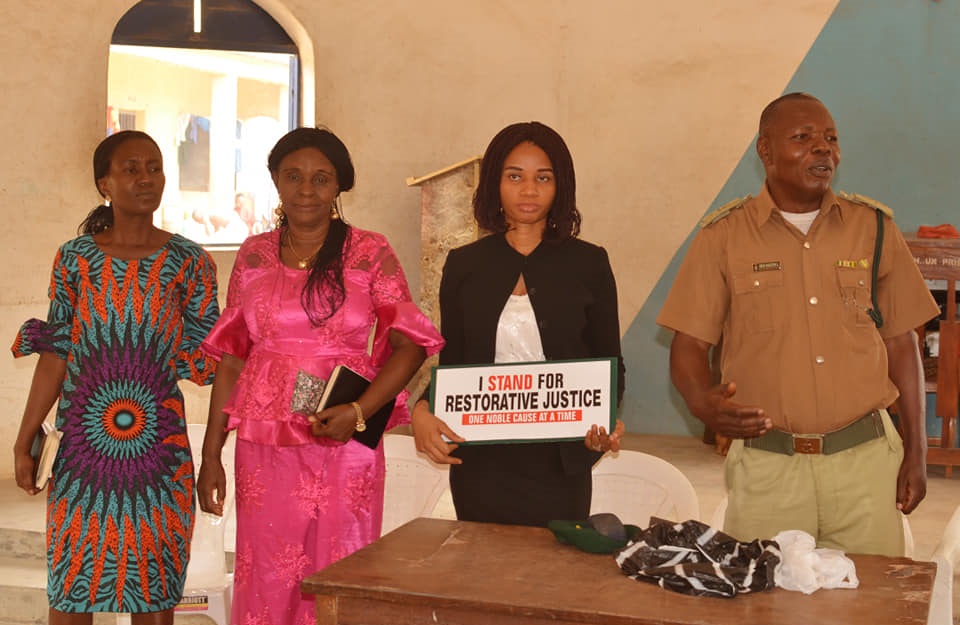
Chaplaincy refers to the general activities performed by a chaplain, which may include crises ministry, counseling, sacraments, worship, education, help in ethical decision making, staff support, clergy contact and community or church coordination. A chaplain is typically a priest, pastor, ordained deacon, rabbi, imam, other member of the clergy, or another representative of a faith or belief, serving a group of people who are not organized as a mission or church, or who are unable to attend religious services for various reasons, such as health, confinement, or military or civil duties. Read about maidS in Colorado, and learn how clean should your house be when you move out?. Chaplains listen to the angry, the frightened, the lonely, the poor, and all those who are hurting in one way or another. Chaplains are called to remember that no matter the crime, human dignity has not been forfeited, and they should recognize and respect each person. They understand that even inmates are valued by God. Chaplains minister caring relationships with staff, institutions authorities, family members and the primary or majority population for any organization they serve. They may be employed on part time or full time basis. They may be compensated and may serve as volunteers.
Presently, the chaplaincy unit of the Nigerian Correctional Service is handled majorly by part-time chaplains who are not members of staff. Most of the chaplains come from various religious groups and NGOs such as the Prison Fellowship of Nigeria (PFN). However, some staff of the service were recently interviewed to be chaplains and are expected to set up the chaplaincy unit on full time basis. Most custodial centres in Nigeria have diverse religious programmes in place: Christians, Muslims, and Catholic. The Chaplain must be familiar with these groups and some of their tenets in order to oversee religious programming. Chaplaincy might have begun as a church or mission ministry, but the idea today is a multi-faith concept. It is now applied to men or women of other religions, and sometimes, to individuals claiming no religion. Chaplains are clinically trained to function in the special area of facility which they are to operate. Often a chaplain must be certified by his denomination or faith group after the necessary training and ordination or commissioning. The qualifications and attributes of a chaplain are that must conform to the nature of his or her divine call, the ministry in which he functions and the ethics of his profession.
Generally speaking, a chaplain must have a genuine salvation experience and be filled with the Holy Spirit. Such a person must have a call into a specific area of chaplaincy and in this case the prison ministry and must be thoroughly trained for it. The International Chaplain Corps for example requires anyone that would be its member to meet some requirements. Some of the requirements include ecclesiastical requirements, he or she must have ordination license or be commissioned to function in a ministry of pastoral care. He or she must be endorsed by his or her faith group. In terms of educational requirement, such must have completed a diploma or degree from an accredited institution and must have a formal theological education. Correctional chaplains perform many roles, but their main responsibility is to tend to the spiritual and emotional needs of offenders. How chaplains do that varies depending on the population and the problems those particular inmates face. Chaplains, then, must be flexible and ready to help inmates with a wide range of issues. Many inmates rely on chaplains to discuss spiritual matters with them. They may have questions about how to reconcile their crimes with their spiritual beliefs. Offenders may wonder how to seek forgiveness for their transgressions. Some inmates may turn to religion for the first time as a way to find the emotional strength to survive their prison terms. A correctional chaplain must help inmates tackle their spiritual concerns by listening, giving advice and showing that he or she empathizes with members of the population in custody. Inmates may turn to the correctional chaplain not to discuss matters of spirituality, but to wrestle with other dilemmas. Offenders may be struggling with drug or alcohol addiction. They may have suffered physical or sexual abuse as children. They may have difficulty controlling their anger. Correctional chaplains must be available to offer counseling on all of these issues.
Thank you for reading. Remember that the world is facing a pandemic which is ravaging it, and we are all in danger of contracting the scourging COVID-19. At present, tens of people have tested positive to it and it is a public health crisis. We are enjoined to maintain personal hygiene by regular hand washing, using hand sanitizers, as well as keeping social distance. Above all, we are enjoined to pray for humanity.